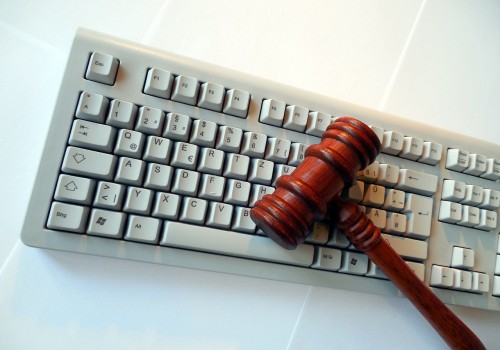
Policies vs. Legislation: Understanding the Differences (I)
10 months agoInalegwu Ochoche Aje
The average Nigerian knows that their elected leaders make decisions that affect their lives economically, socially and otherwise, and the importance of these day-to-day decisions cannot be overemphasised. However, most Nigerians need to learn or understand how these decisions are made or the processes by which these vital decisions come to be. Policies and legislation are two critical terms often used in governance and decision-making. However, many Nigerians do not understand.
This three-part blog post aims to clarify the distinctions between policies and legislation, highlighting their roles and impact on society. This article will define what policies and legislations are and their characteristics. The second part will differentiate the differences between both government decision-making tools. Furthermore, part 3 will explore the scope of reach and applicability of these tools, the process of creation and amendments, and we shall conclude with examples of legislation and Policies to show the practical use of these tools.
Policies
A policy is a principle or course of action proposed or implemented by a governing body. Policies are the guidelines or regulations that guide decision-making and activity within an organisation or government. As an arm of government, the executive is responsible for policy formulation, evaluation and execution to realise set targets. Although policies have flexible nature and thus can be adapted into several contexts to achieve different goals, the policymaking process is a daunting task that requires tremendous amounts of effort and resources for the policy to address the problems it sets out to manage effectively.
Policies, whether private or public, have a significant impact on the operationalisation of any organisation or government, and thus, they are usually easily adaptable and changeable. Policies must also clearly lay down the procedures with which whatever issue it addresses should be carried out; the procedures are reviewed periodically and must be implemented in conventional and routine operations.
Legislation
Legislation is laws or legal statutes enacted by a legislative body, such as a parliament or congress. It is the process or product of enrolling, passing or promulgating law by a legislature, parliament, or any "body" prescribed by the constitution to carry out such activities. Legislation entails not just legislative action but also executive engagement. Except if the use of veto power is overturned by a sufficient majority of each house of the legislature, legislation requires executive concurrence to be effective.
Legislations made by the people's representatives (the legislature) are enacted to govern or regulate the people's way of life. Territorial limitations bind laws, can be changed or amended and are backed and enforced by the state.
Inalegwu is the Private Sector Liaison, NASSBER. Reach him on ochoche.inalegwu@nesgroup.org